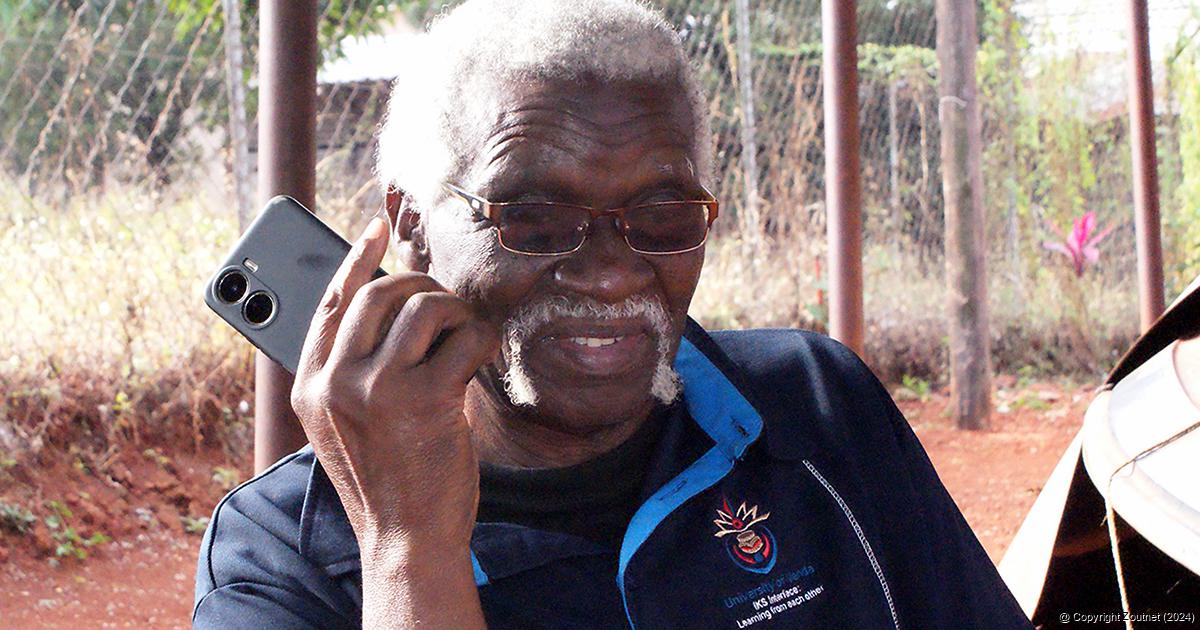As the number of deaths of young boys at initiation schools across the country remains at an unacceptably high level, the question has arisen whether initiation schools are still necessary.
During a recent National Indaba, the Commission for the Promotion and Protection of the Rights of Cultural, Religious, and Linguistic Communities (CRL) reported that more than 700 initiates had died at initiation schools since 2006. According to the Department of Health, dehydration, underlying health co-morbidities, and diabetes are just some of the causes of death at traditional initiation schools.
Nowadays, safer ways of circumcising young boys, such as at clinics and hospitals, can be found. Still, traditionalists refuse to give in to modern ways. Traditional circumcision is usually associated with a religious or cultural ceremony, but the question remains: must young boys still feel obligated to attend traditional circumcision schools, where they must endure this primitive form of circumcision while being kept out in the wilderness for three weeks?
Indigenous traditional healer and provincial tourist guide Dr Mashudu Dima, who is an organic intellectual expert on indigenous knowledge systems and traditional circumcision, believes that traditional circumcision schools will never fade from the African culture.
Speaking to Limpopo Mirror at his house in Sokotenda village in Sibasa recently, Dima said circumcision schools were not just about the removal of a young boy’s foreskin but a preparatory school for life, where boys were taught about traditional ethics, “ubuntu”, and respect for other human beings. “You will never see a boy who attended a traditional circumcision school disrespecting or refusing to do chores for his elders. We also teach them manners and how to treat women from an early age. A clinic or hospital cannot teach them things related to our cultural heritage,” he said.
Dima was part of a three-man delegation of traditional leaders from Limpopo who were chosen by the national health department to conduct a workshop on traditional circumcision schools in Ulundi, KwaZulu-Natal. Accompanying him were traditional leader Vho-Maine Mashudu Tshikororo and Professor Mohajane from Polokwane.
Vho-Maine Tshikororo, a well-known circumcision school expert in the country, said the government also realized the importance of traditional circumcision, and that was why they were working together in fighting contagious diseases.
When asked if he thought whether sending boys into the mountains to be circumcised when they could be circumcised at hospitals, which was much safer, was still relevant, he said that if people followed the correct procedures, traditional circumcision was very safe. “We will never abandon our tradition in favour of the western culture. Our tradition is here to stay,” he said.
Dr Thivhilaeli Simon Nedohe, head pastor at the Eccsa Restoration Tabernacle at Hakutama Maebane, however, has a different point of view on traditional circumcision. He referred to the Old Testament in the Bible, where it says that circumcision was initiated by God as a covenant between God and the Israelites. The male boys were to be circumcised when they were eight days old, while they were still in the tender care of the mother. “Today’s circumcisions are done in the rough care of men, of whom most believe that they must exert toughness on a wounded boy, with no medication and fluids. At the time when Israel practiced it [circumcision], a baby was given breast milk all the time,” he said.
“This practice continued until Jesus of Nazareth shed his blood once and for all and became Christ and Saviour for all to be saved through faith in Him. No one should shed blood for themselves anymore. Circumcision is no longer mandatory. It is now done for cultural and health reasons. It should, therefore, be done in a healthy environment. Children should not die for culture. Those who enforce it for cultural reasons should be held accountable for the death of initiates,” he said.
However, even those who justify circumcision as being part of a long cultural history may run into problems. Several historians who wrote about the Vhavenda history describe King Makhado, who reigned until 1895, as the first king to be circumcised. Makhado was initially overlooked as a possible successor because he was circumcised. This practice of cutting off the foreskin of boys was not part of the Vhavenda culture until just over a century ago.
What was an integral part of the culture, however, were the “rites of passage” ceremonies, or “murundu”. Many fear that, along with the circumcision, these ceremonies where young boys and girls are taught about life skills and their culture may disappear completely.








